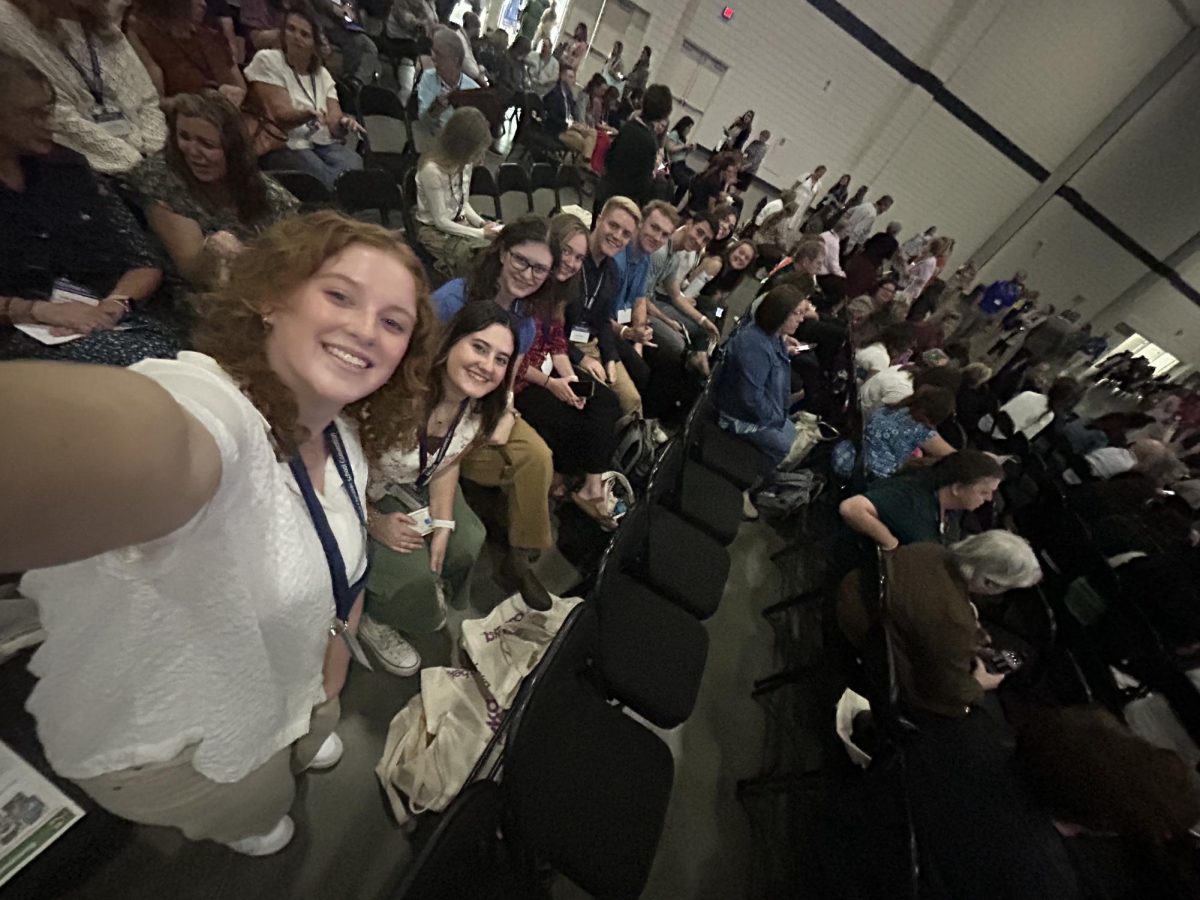We live in an ever-changing world.
Even the iPhone, now a staple device, is barely older than a fifth grader. And now, we even have the latest invention, the foldable phone. We’ve come so far even in just the last 20 years. With social media’s quick rise to popularity, it brings the question many have already asked: Is social media good or bad?
We’ve all heard the negative effects of social media. It can cause relationship problems, distract us from work and keep us from sleeping at night, among other things. Article after article has cited the many problems it can bring.
One survey by the Royal Society for Public Health found that significant use of Snapchat, Facebook, Twitter and Instagram resulted in “increased feelings of depression, anxiety, poor body image and loneliness” in teens and young adults.
GuardChild, a website dedicated to “protecting children in the Digital Age,” gives over 40 different statistics about the problems with social media.
And while it is true that social media can have a negative effect on us, this is only one side of the coin.
Other research actually shows a contrast between thoughts. While some parents and others may argue that social media is more bad than good, many of our generation have a different view. In a survey by the Pew Research Center, only 24 percent of teens said social media had a mostly negative effect, compared to the 45 and 31 percents who said it had either a neutral or positive one.
What if, instead of just talking about the problems with social media or staying neutral, we instead choose to use it for good? Here are a few ways social media can be good.
First, social media keeps us connected. You can keep up with relatives and friends who live far away and see the latest photos of their kids or pets. And they can have the reassurance that you, a busy college student, are still alive, albeit swamped with homework and work and a multitude of other things (College isn’t easy!). Social media can help us keep in touch with people, and that’s a great way to use it.
Social media also gives us a voice. Whether it be our thoughts on a recent news story or just a positive post about a dear friend of ours, we have a huge tool for affecting those around us and encouraging them to also spread positivity and love instead of negativity and hate.
In addition, as Christians, we have a perfect opportunity to share the Gospel with people. We can even use social media to tell others about mission trips and ask for financial help. Can we do these things without social media? Yes, but with this tool, we have one more opportunity to do good.
Lastly, social media can also further our careers. Employees can communicate via social media to switch shifts at work and to communicate important messages during major weather problems. Authors can share their writing, businesses can share their new products and people can find jobs through connections online.
Here we can see that social media itself isn’t the problem. Rather, the problem is when people depend too much on social media for their happiness, or they lose focus on the real world because of a virtual one. But by being aware of the effects of social media—the good and the bad—we can control the way we use it.
Whether we like it or not, social media is here to stay. It’s up to each one of us to use this powerful tool for good.



























































